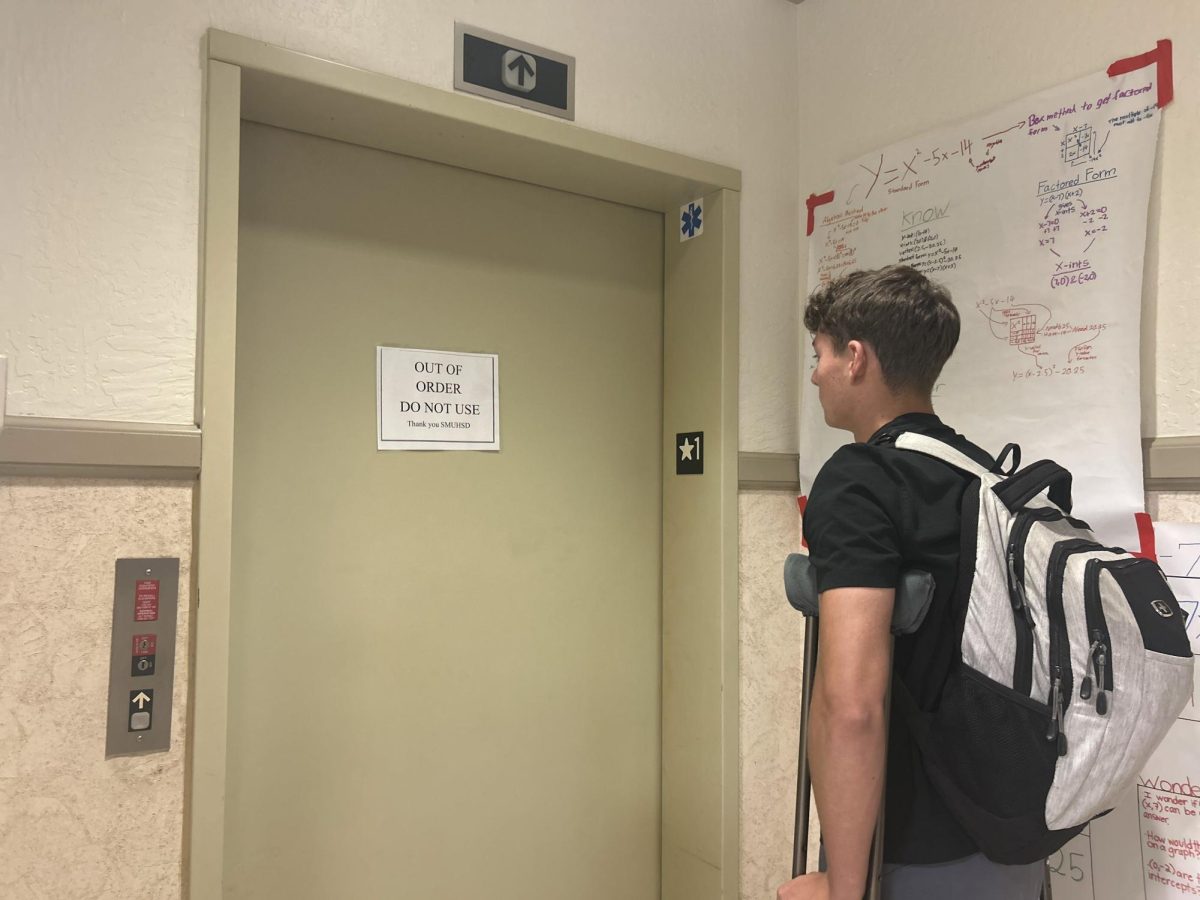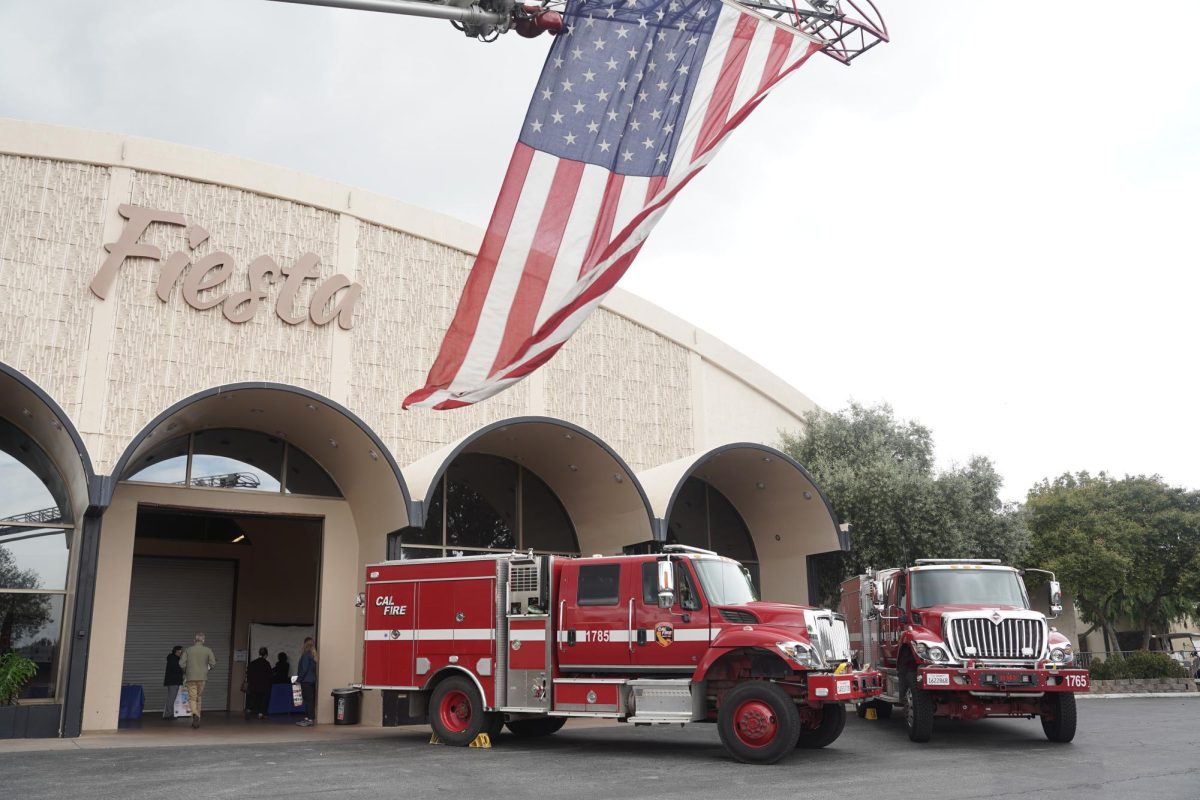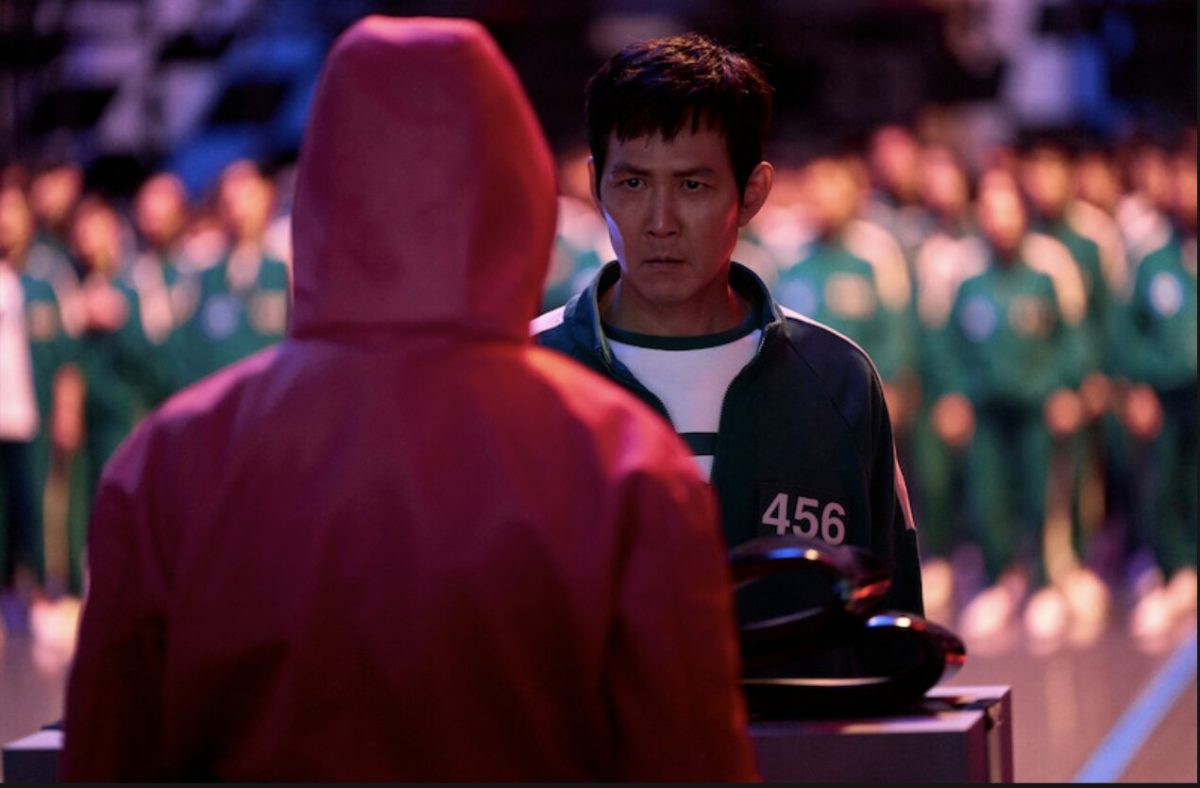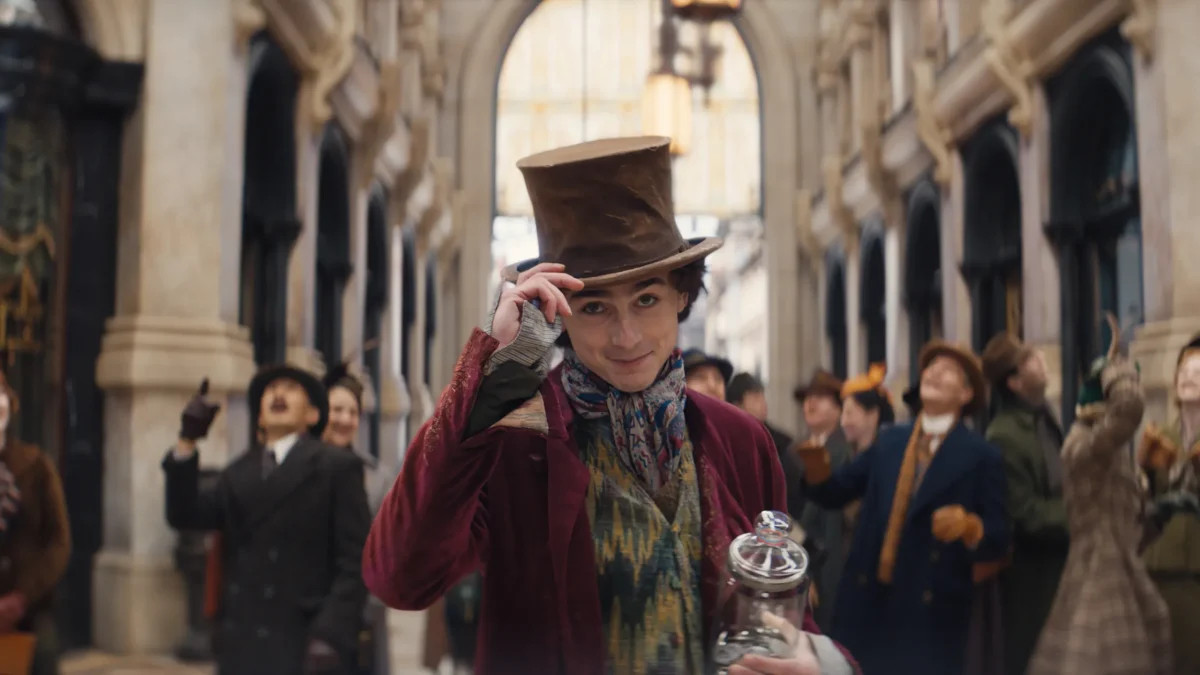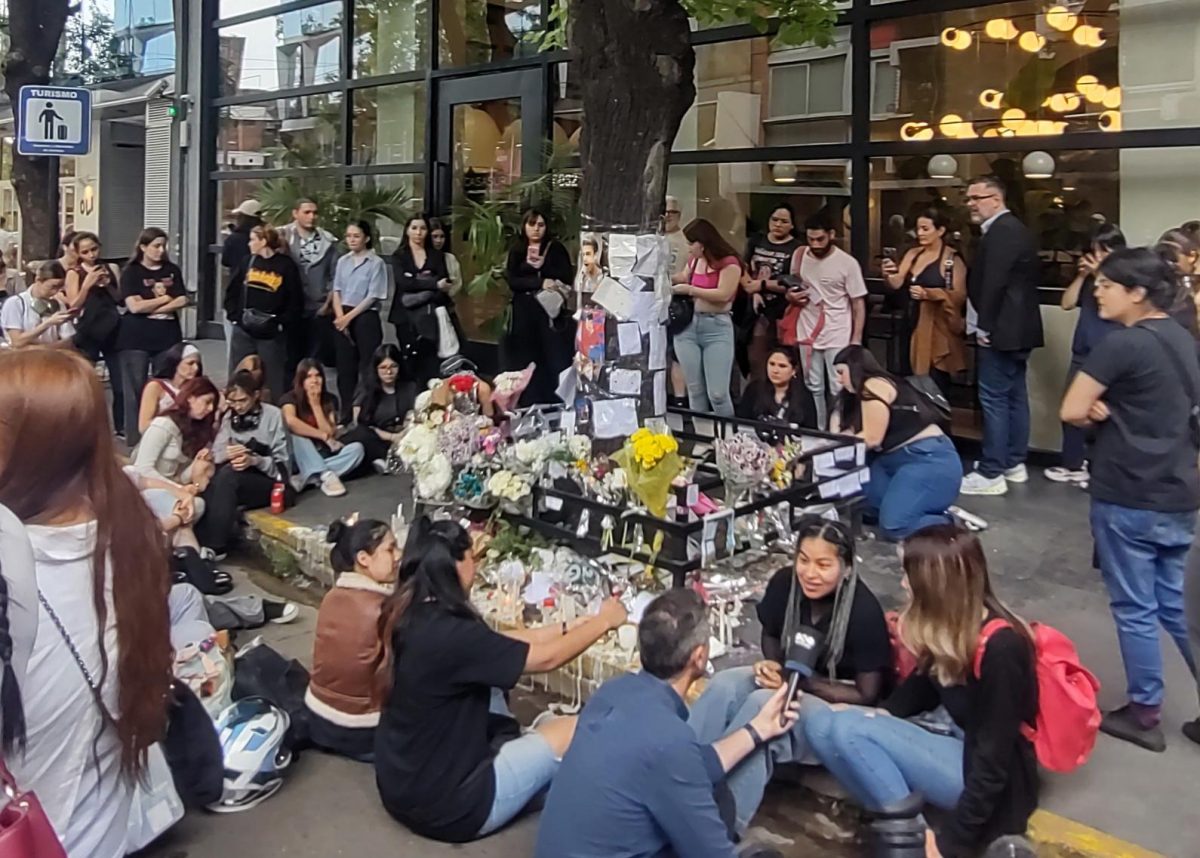Everyone knows about Willy Wonka’s chocolate factory. But have we thought about how the successful enterprise came to fruition? Maybe not, but for those with lingering questions, the newly-released musical film “Wonka” is here to answer them. The brand new musical film, “Wonka,” showcases Willy Wonka’s (Timothée Chalamet) path to success and incorporates real-life situations to accentuate the importance of chasing one’s ultimate goals. “Wonka” pays homage to 1971’s “Willy Wonka and the Chocolate Factory” by incorporating similar scenes in which Gene Wilder thoughtfully brought the eccentric factory owner to life.
“Wonka,” directed by Paul King and released on Dec. 15, has fared well among critics, with an excellent 82% fresh certification on Rotten Tomatoes. It has also been a box-office success, scoring $507.8 million. The movie 100% deserves these ratings and box office success as it keeps the audience entertained and engaged with humor and little adventures, making it an excellent film for audiences of all ages. While humor and adventure are key parts, the movie introduces an abundance of realities faced when chasing your dreams. Overall, Wonka brings an entirely new view of the 1971 classic movie and makes it entertaining for numerous audiences.
The film starts with a young Wonka dreaming of forming a chocolate factory, a desire mainly sparked by his love for his late mom’s (Sally Hawkins) chocolate. When starting his business, Wonka comes across three other chocolate competitors, Slugworth (Paterson Joseph), Fickelgruber (Mathew Baynton), and Prodnose (Matt Lucas), who temporarily melt down his chocolate-covered dreams. Forced to pay off the debt he accumulated from the hotel he stayed at, Wonka works tirelessly at the hotel’s laundry department, and there he meets an influential friend: Noodle (Calah Lane). Such a quick, positive shift in status teaches Wonka an important lesson: Always read the fine print and value close friends.
As the film progresses, every time Willy Wonka and Noodle are shown on screen, a life lesson, a musical number, or overall collaboration and teamwork are almost guaranteed. Wonka and Noodle work together to escape from the hotel’s laundry department and further endorse and help grow their business. Both characters help solve the mystery of who poisoned Wonka’s chocolate, identifying the culprit as a competitor. Noodle and Wonka’s relationship gives Wonka the courage to continue persevering in his pursuit of growing his chocolate factory despite the challenges he faces along the way.
The film’s most iconic and memorable part is the long-lasting impression Wonka’s mother makes on him. In the film’s early scenes, she says she has a secret to her chocolate-making that not even the best chocolate makers are aware of. She asserts that she will reveal it to Wonka when he gets older. While she passes away before she can do so, later on, Wonka decides to open his mom’s last chocolate bar and finds a note inside the wrapping paper. The scene resembles Charlie’s finding of the golden ticket in the 1971 version, and the letter contains the powerful phrase: “It’s not the chocolate that matters; it’s the people you share it with.” This powerful message relates to the 1971 classic and is remembered by the audience.
Even though “Wonka” is a movie made for kids, its significant life lessons have a lasting impact on younger and older audiences. The film openly highlights the inevitable realities of chasing one’s dreams while noting that the trek upwards is significant. Besides powerful life lessons, “Wonka” provides a well-deserved memoriam to the 1971 classic. Ultimately, “Wonka” tells its audience never to give up, and as a movie, it does something similar by passing down the eternal story to a new generation.



